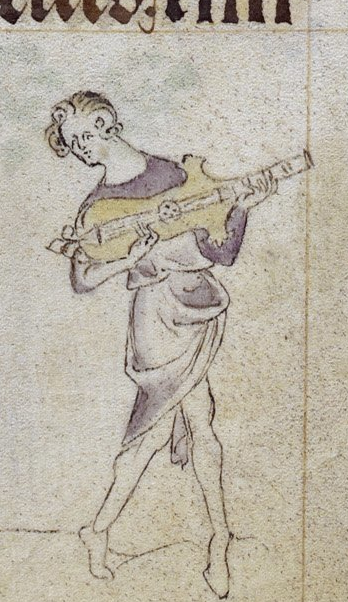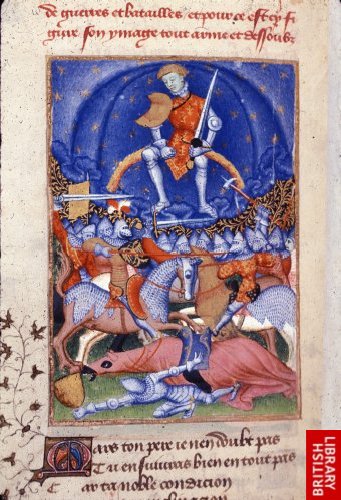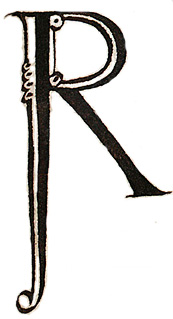Course Outline:
Middleton’s The Inward Gaze, begins the central conversation that will run through this course.
‘Modern men have suffered greatly in a series of wars generated by largely masculine codes of behavior whose close examination might be a useful step towards preventing their endless repetition. Manipulative images of masculinity pervade out culture. Manhood is used to sell everything.’
This tethers Michael Roper and John Tosh’s exploration of this myth – that ‘Despite the omnipotent manhood which surround us, masculinity is never fully possessed.'
We will be looking at the ways various fictions and texts create new space for subjectivity, reflection and reimagining of masculine ideals. And how this changes and moves each times it's reframed, rewritten, rearranged - and how art and writing press and interrogate models and ideas. How your writing can change and move these ideas.
Core second year English and Drama course, taught jointly with the Drama Department
XX1998 is one of your two Term 3 Department-based modules on your Foundation Year. XX1998 is delivered as a 3-week intensive literary study module. We will examine one text in detail, adopting a different thematic thread each week. The module will impart understanding of the text's social, cultural and political contexts. The module assessment allows you to reflect on textual meanings, engage with primary materials and to reflect on the ways in which the module teaching & learning content has added to your thinking and development in areas of literary study.

The lecture workshop runs on Thursday mornings, from 10-11, in Arts Lecture Theatre 1
Seminar group 1 will meet on Thursday morning, from 11-12, in Arts Lecture Theatre 1; seminar group 2 will meet on Thursday afternoons, from 1-2, in Windsor Seminar Room 0-04.
Course tutor's office hours are from 11-12 on Tuesdays, and from 2-3 on Thursdays, on MS Teams, or in IN208
The Lord of the Rings regularly shows up in lists of ‘The Best Books of All Time’, and Tolkien continues to inspire interest and imitation for all kinds of reasons. This course examines Tolkien’s work from the perspective of his engagement with Old English poetry, a subject which constituted an important part of his scholarly activity. We will focus on three main Old English poems (in the original and in translation) and Tolkien’s two most popular works of fiction, The Lord of the Rings and The Hobbit.
Course Tutor:
Dr Jenny Neville
j.neville@rhul.ac.uk
IN216
Victorian period, including plays, novels, poetry, short fiction, criticism, and essays. The literature considered explores Victorianism within England, but also from the perspective of other places, other views: the Crimea; the West Indies; sheep pastures in Australia; a Boston members club; the medieval past; a solar-powered feminist utopia...
This course will examine a range of novels by gay, lesbian and trans writers in Britain and Ireland which have emerged in the wake of the AIDS catastrophe and queer theory. We will focus on queer historical and biographical fictions, and explore the reasons behind the dominance of these approaches in recent queer literature. We will also explore the various literary and political strategies employed by these writers, such as historical and literary reclamation, the queer destabilisation of fixed categories of identity, the figuring of desire’s ambiguous textures, a studied engagement with form etc. By focusing on prominent contemporary writers, we will explore the evolution of queer British fiction from within and beyond the dictates of queer theory.
The fin de siècle produced some iconic works of literature, numerous of which we are considering on this course. They intersect with the period's obsessions with gender, sexuality, race and class. It is in one sense an age of anxiety and exhaustion, and yet in another way it is a period of exhilaration and excitement. The course will embrace a wide range of topics: fears of over-civilisation and diagnoses of neurasthenia in the upper classes; a psychology that divides the mind into upper and lower (primitive) layers; a psychopathology describing deviant sexualities and states of hysteria; the emergence of the ‘New Woman’; occultism and spiritualism; drug abuse; fears of contagion and disease; and ideas of apocalypse at the turn of the century. The course moves from cultural symptoms diagnosed by theorists of decline to the solution often proposed by writers concerned with Empire: a masculine regeneration sustained by travel, adventure and heroic struggle. We will consider novels, short stories, visual art, non-fiction essays and poetry.
EN2321: Dark Reform: Scandal and Satire in American Arts
Tim Armstrong
The autumn term will be devoted to modernist fiction (Woolf, Joyce and others), and in the spring term students will explore poetry (Pound, Eliot, HD and others).
This is a core course for English and Film Studies Students

 EN2009 / 3009
EN2009 / 3009